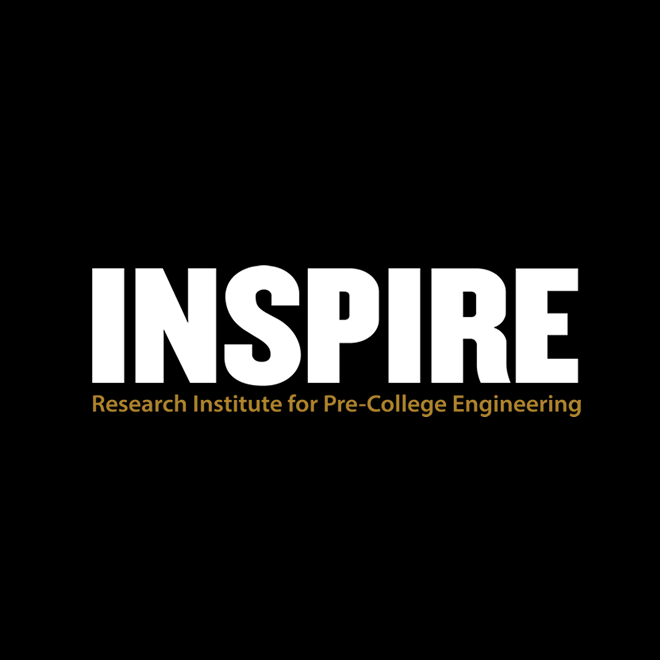Abstract
This phenomenological study examined the impact of Research Experiences for Teachers (RET) teacher-developed curriculum on teaching styles and strategies at two RET sites with common Legacy Cycle training. The study was conducted to assess and document program-specific and National Science Foundation (NSF) goals related to classroom practices and outcomes. We set out to define how the RET program influenced teachers’ teaching style and strategies and how teachers’ new curriculum from the RET program affected students. Twenty-seven science and math teachers participated in interviews at the end of their summer research experience, and twenty of these teachers participated in interviews after teaching their Legacy Cycle module during the academic year. These interviews were coded for themes and subthemes relating to teachers’ teaching styles and their effects on students. Teachers used real-world contexts within their Legacy Cycle curricula and thus began to teach in interdisciplinary ways, exposing students to engineering in the process. According to their teachers, students enjoyed learning with the Legacy Cycle curricula. They took a more active role in the classroom, leading them to be better able to apply their new knowledge. Using the Legacy Cycle as a pedagogical approach in an RET program leads to instructional materials that integrate teachers’ research while maintaining use of state and national standards. Teachers perceived that student enjoyment of, and engagement in, the material increased, while also exposing them to engineering.
Recommended Citation
Klein-Gardner, S. S.,
Johnston, M. E.,
&
Benson, L.
(2012).
Impact of RET Teacher-Developed Curriculum Units on Classroom Experiences for Teachers and Students.
Journal of Pre-College Engineering Education Research (J-PEER), 2(2), Article 4.
https://doi.org/10.5703/1288284314868


